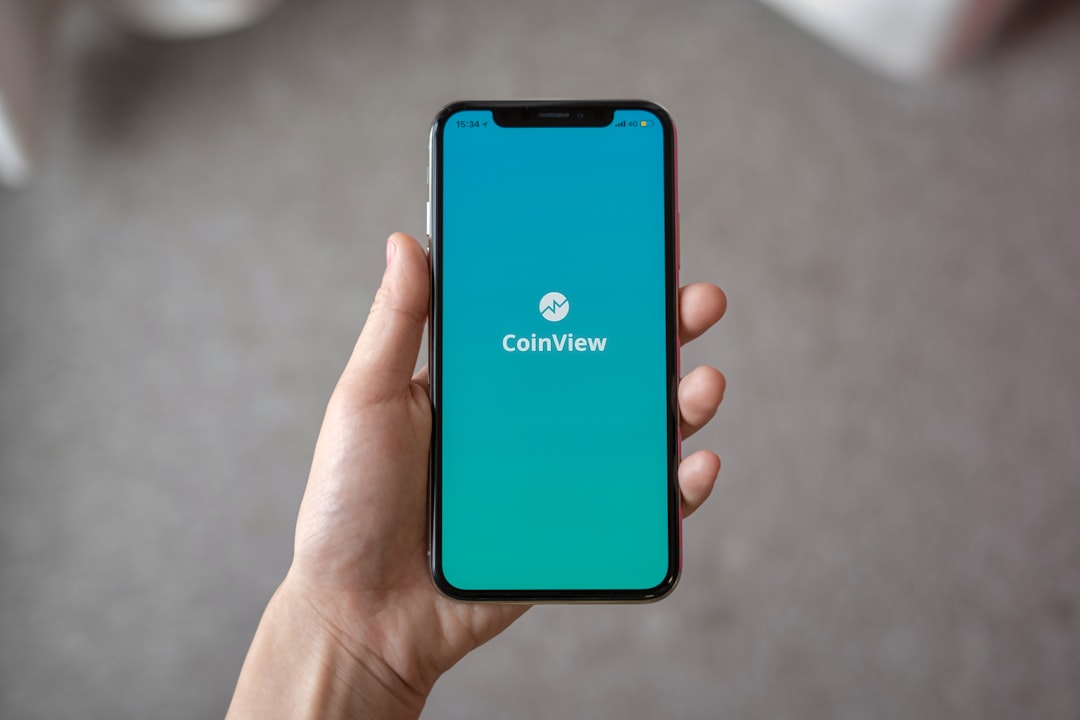The California Consumer Privacy Act (CCPA) grants Californians control over their personal data and reshapes marketing practices, including those of law firms in Los Angeles. Previously aggressive telemarketing is now restricted by the CCPA, which requires explicit consent for sales or marketing calls, reducing unwanted communication. Law firms must adapt their client acquisition strategies from quantity to quality, prioritizing targeted, personalized outreach while adhering to the stringent Do Not Call law in LA to maintain consumer trust and avoid penalties.
“The California Consumer Privacy Act (CCPA) has transformed data privacy laws, granting Californians unprecedented control over their personal information. As one of the strictest privacy regulations in the US, it also imposes significant constraints on phone marketing, particularly regarding spam texts. This article delves into the impact of the CCPA on unwanted communications, focusing on how law firms must navigate these new rules to avoid ‘Do Not Call’ lists and maintain compliance. We’ll explore practical steps for firms to adapt their marketing strategies.”
Understanding the California Consumer Privacy Act (CCPA)

The California Consumer Privacy Act (CCPA) is a game-changer in data privacy legislation, granting consumers unprecedented control over their personal information. Enacted in 2018, this law aims to protect California residents from excessive data collection and usage by businesses. The CCPA empowers individuals to access, delete, and restrict the sale of their personal data, such as names, addresses, email, and browsing histories. One significant aspect is its reach; it applies to almost all businesses that handle consumer information, regardless of where they are located, if they offer goods or services to California residents.
This law has notably impacted the way businesses operate, especially those sending out marketing texts, including spam messages. Under the CCPA, companies must obtain explicit consent from consumers before engaging in certain data practices, like texting for advertising purposes. Do-not-call lists have become more robust, allowing residents to opt-out of sales calls and text messages from law firms or any other businesses. Compliance with this act means ensuring that all marketing communications respect individual privacy choices.
The Impact of the CCPA on Spam Texts and Law Firms

The California Consumer Privacy Act (CCPA) has significantly altered the landscape for businesses dealing with consumer data, including those in the legal sector. One notable impact is on spam texts and law firms’ marketing strategies. Before the CCPA, law firms in Los Angeles could employ aggressive telemarketing tactics, often overwhelming potential clients with unwanted calls. However, under the new regulations, firms must obtain explicit consent from consumers before initiating any sales or marketing calls, effectively reducing the volume of spam texts.
This change presents both challenges and opportunities for law firms. On one hand, they need to adapt their client acquisition methods to ensure compliance. On the other hand, the CCPA encourages more targeted and personalized communication with clients, which can lead to stronger relationships and higher conversion rates. Law firms now have to be more strategic in their outreach, focusing on quality over quantity, and ensuring that every text message or call is relevant and valued by the recipient.
How to Comply with CCPA Regulations for Phone Marketing

To comply with the California Consumer Privacy Act (CCPA) for phone marketing, businesses must first ensure they have explicit consent from consumers to contact them via telephone. This means that cold calling or unsolicited texts are strictly prohibited. Before initiating any phone marketing campaigns, companies should draft clear and concise opt-in forms, ensuring consumers understand the nature of communication and can easily withdraw their consent.
When obtaining consent, it’s crucial to verify the consumer’s identity and record the agreement. After all, only authorized personnel should make marketing calls, and records must be maintained for potential audits. Additionally, businesses should implement robust systems to block or filter out automated or unauthorized texts, especially those resembling spam. Remember, adhering to these regulations is not just about avoiding penalties but also fostering trust with your Do Not Call list clients in Los Angeles.






